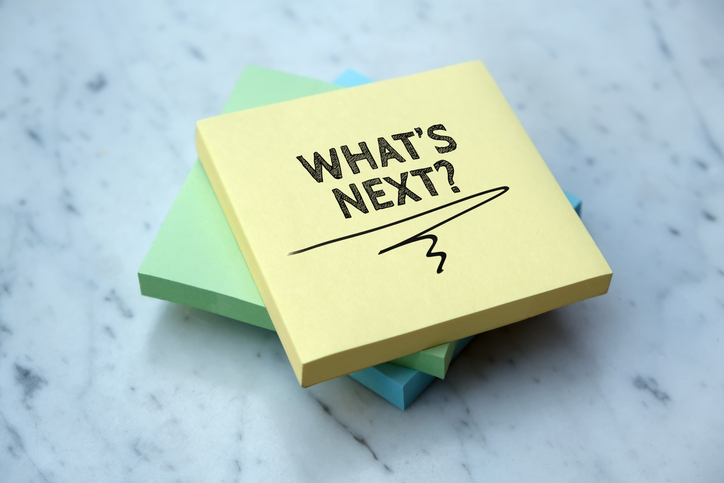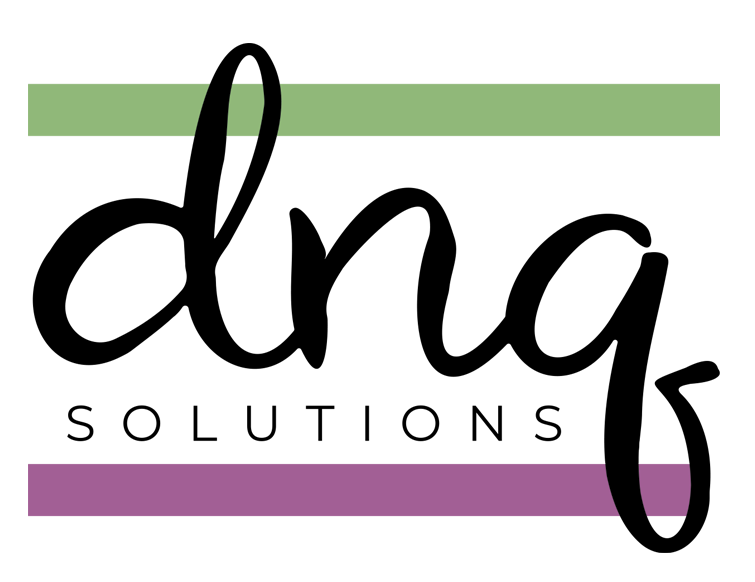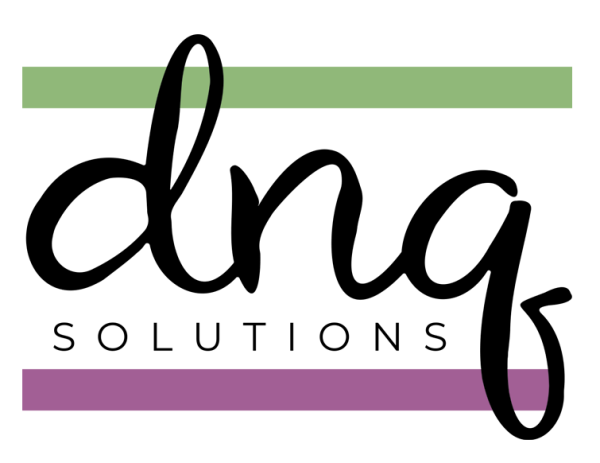
Have you noticed there’s a lot of talk going on about habits and routines? Jonda Beattie posted a blog about the benefits of habits and routines. I have been writing about incorporating household routines into daily planning as well as evening routines. My August newsletter is all about routines and in a couple of weeks Jonda and I are teaching a class on Falling Back Into Routines. That’s a lot of talk on a particular topic. There’s a reason for this. When you have good habits and routines, you can use them to support you when your circumstances change.
This is absolutely true.
Routines will change when your circumstances change.
When your circumstances change your routines will most likely change as you work to create a new normal. But when you have good habits it’s easier to create new routines to accommodate your current situation. Creating a new routine doesn’t happen overnight. You will need to go slowly, analyze your new situation, and then figure out which of your good habits and routines to modify.
I remember so well when my children were small, we would establish good habits and routines and then an extra-curricular activity would change the schedule, or the time (as in daylight savings time) would change. When that happened, all bets were off. We’d be recreating our routines.
Another thing that would throw us off course was when my husband traveled. Nick used to spend 3 – 5 weeks at a time traveling in Asia. Of course, our routines changed when he traveled because I didn’t have that extra pair of hands to help.
Rely on good habits and routines.
Recently a couple of friends have had a challenging time. Their circumstances have changed in a dramatic way. They will be relying on their good habits and routines to support them as they create their new normal.
Your habits are like a security blanket. These are the things you do without thinking; like making your bed, brushing your teeth, or just getting dressed in the morning.
When you stack these habits, you create a routine. It is comforting when you have a routine that works.
When the circumstances change, you re-evaluate and modify the routines to create a new normal.
Here are two very challenging circumstances:
Mom needs to move.
My friend learned she needs to move her mother from her rented home into assisted living. It is not a choice. She has just a few days to move her mother out of her home, find an assisted living facility in which for her to live, and make the move.
Short term this is a big project. She’s great at project management so getting it done will happen.
Long term this will mean scheduling more frequent visits to see her mother to make sure she’s happy in her new home. This is not only a life-changing event for her mother but also for her. She can use her good habits and routines to schedule regular Zoom or Facetime calls with her mom and visits.
My friend is very good at managing her schedule: taking care of her home, her business, her children, and herself. Thankfully her husband is an active participant. She will leverage this good time management skill and the good routines she has set in place to accommodate the extra care her mom will need until she gets settled.
My friend’s husband had a life-changing procedure.
When my friend brought her husband home from the hospital it was clear that new habits and routines would need to be created. She is very organized. Her good habit of making a daily plan and her routine of following that plan will support her as she and her husband work together to create a new normal.
Her morning and evening routines must change to accommodate her husband’s care.
How will she do this?
One day at a time. She will try and see what works. Then she will make notes regarding the timing, how long things take to prepare, to do, and to clean up.
After a few days, she will create new habits and routines to follow.
In Conclusion
When you have established good habits and routines and life throws you a curve ball it’s easier to recover. Yes. It is overwhelming at first. Stick as much as you can to the habits that are so comforting and the routines which have worked in the past. You will need to tweak them, to modify them until such time as they feel comfortable again.
As a professional organizer, I know that change is hard. It takes mindful practice to establish a new routine. If you find yourself in a challenging place and would like to toss some ideas around, please feel free to give me a call. I’m happy to spend time with you discussing the possibilities.
Diane N. Quintana is an ICD® Master Trainer, Certified Professional Organizer in Chronic Disorganization®, Certified Professional Organizer®, owner of DNQ Solutions, LLC and co-owner of Release Repurpose Reorganize, LLC based in Atlanta, Georgia. She specializes in residential and home-office organizing and in working with people challenged by ADHD, Hoarding and chronic disorganization.


This is so true. It’s important and helpful to have routines and habits that keep you grounded, but it’s just as important to be able to change and allow them to grow and adjust to big life changes that pop up. Great reminders.
What a great class name with the play on “Falling” back into routines!
I agree with all of this. Routines are the saving grace for dealing with unwanted change. I think routines get a bad rap when people confuse them with ruts (unintentionally doing the same things the same way, leading to boredom, rather than building intentional routines to support life’s needs). Further, people fail to see the point of routines because they know that things are always changing, but that’s the point of the flexibility you mention. Having a routine and having insight into how you can be flexible with it gives you the confidence to know that you can handle whatever gets thrown at you.
You’ve done a great job of explaining all of this. I’m sorry for the stress of what your friends are going through, but it sounds like they have what it takes to thrive.
First, I just have to say I love the title “Falling Back Into Routines”! So clever!
You make so many wise points here, and I think my favorite is the idea of how routines help when we’re thrown a curve ball. Sometimes my clients wonder “what’s the point?” with creating a routine, when so much chaos comes in to throw things off. But absent that initial routine, how much worse off would we be? The fact that I have a morning routine has made a difference with integrating a new pup into our lives – I’ve had to adjust it, but it gave me a key starting point.
I think this is so great because you are showing how habits and routines can be both long lasting and adaptive.
Whenever something new comes into my life, whether a new belonging or a need activity, I ask myself how I am going to manage it. Where will I store this new item? When will I take this medication and how will I remember to do so? How will I adjust to this new dog in my house? I like to proactively ask these questions because when I don’t, I end up making a routine anyway, but perhaps not a great one.
Wonderful illustrations of how the routines and habits can provide a guardrail through difficulties.
I know you will be a great comfort to your friends going through tough times!!
Sorry to hear about your friends and their situations. I understand all the stresses when it comes to those life curve balls. It can make people feel so overwhelmed and stop them in their tracks.
Small specific steps each day worked well for me. But, what I had to realize was the way it is affecting me through the process. Taking time to rest, be aware of me and how I am feeling through the process is important too. Self-care is key to not destroying your health during these times.
Diane, you are so right to say that having a good set of routines can support you when circumstances change. You add on to the groundwork that you have.
What I love so much is how you advocate creating healthy routines and habits along with being flexible. Certain patterns can stay in place even when your circumstances change. For example, I meditate each morning. It doesn’t matter whether I’m home or away. It’s an essential part of my day. However, other routines will need a complete revamp or rethinking. When I pivoted my business during the pandemic from working onsite to only working virtually, it gave me space in my day to review and adjust how I managed my time. It’s good to know which habits are non-negotiable and which are flexible.